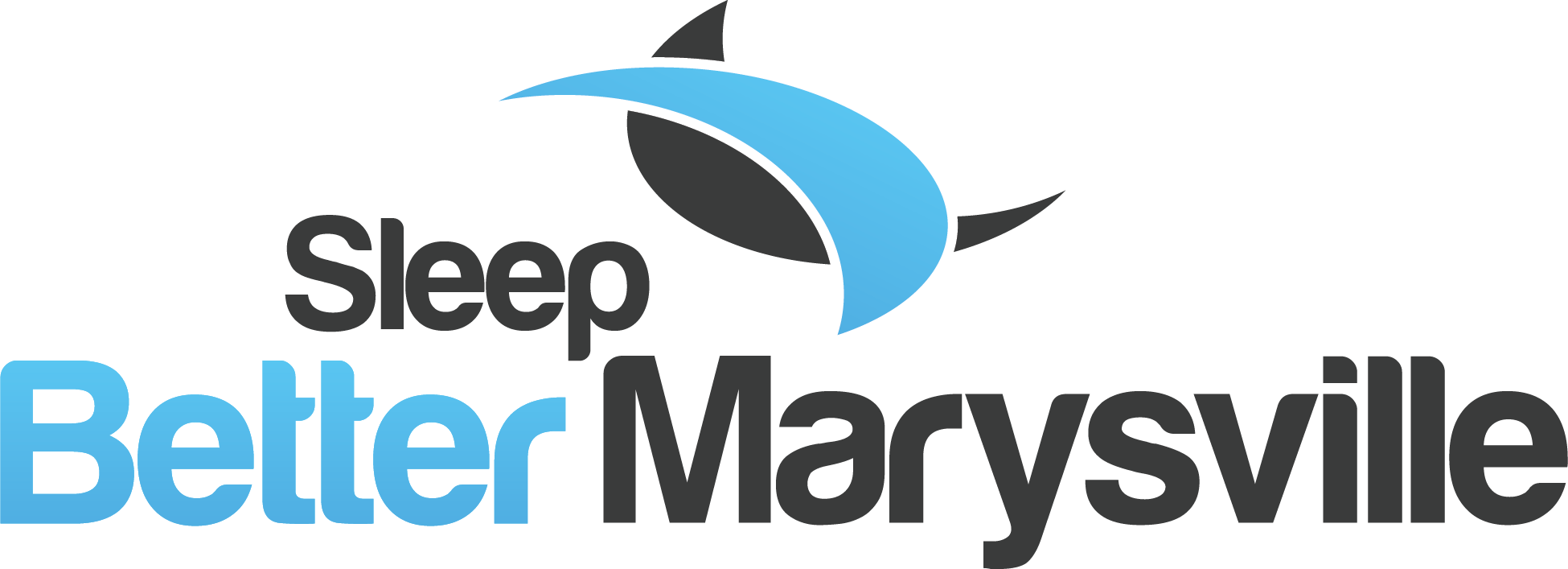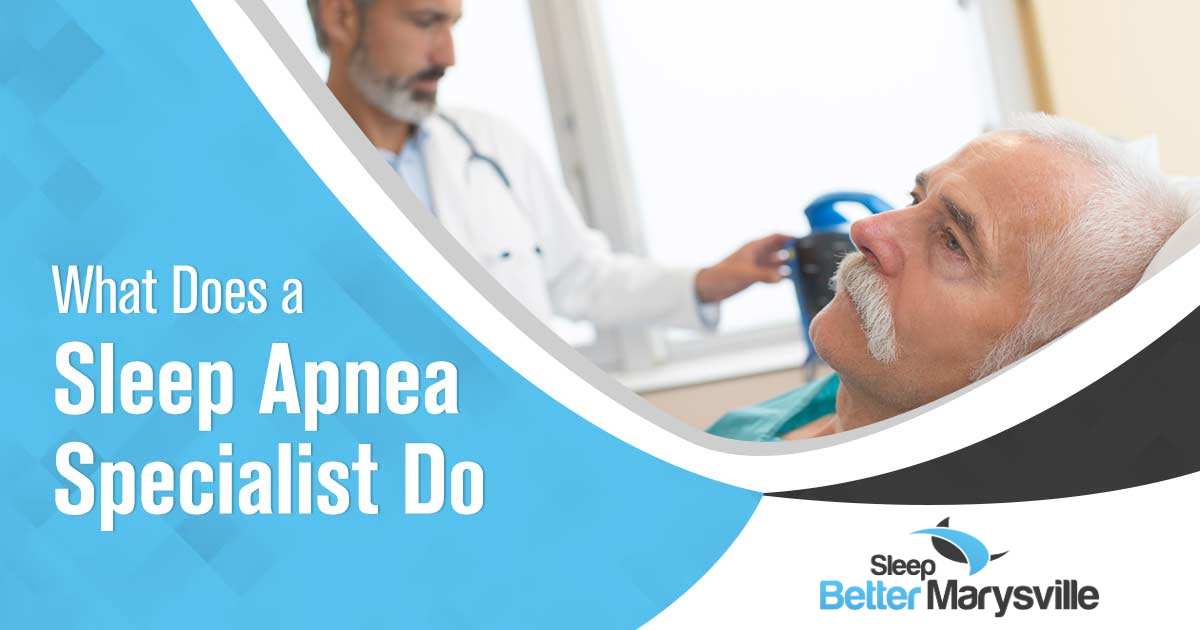When Should I See an Obstructive Sleep Apnea Specialist?
If sleep problems have persisted for over three months and affect your daily life, you should see a sleep apnea specialist. Sleep issues like snoring often, struggling to stay awake while at work or driving, waking up in the middle of the night, or experiencing excessive daytime fatigue and sleepiness can indicate a potential sleep disorder.
Other signs of a potential sleep disorder include:
- dozing off involuntarily
- having difficulty falling asleep or staying asleep
- having trouble with concentration or your memory
- kicking your legs during sleep
- unexplained headaches, especially in the morning
- waking up short of breath, gasping, or choking
What Should I Expect When I See a Sleep Apnea Specialist?
When you see a sleep apnea specialist for obstructive sleep apnea (OSA), be prepared to discuss the symptoms that led you to make an appointment, any other symptoms you might be experiencing, and any concerns about your sleep or sleep-related issues. The sleep apnea specialist will ask questions and talk with you about your medical history and any medications you are taking. They will also perform a physical exam.
What Type of Doctor Do I See for Sleep Apnea?
A sleep apnea specialist is a doctor who helps you with sleep-related issues and diagnoses and treats sleep disorders. Sleep apnea specialists often have different backgrounds but have received extra training in sleep medicine or dental sleep medicine.
Not all doctors specializing in sleep apnea provide the same treatments like CPAP or oral appliance therapy. Although CPAP therapy is effective for numerous patients, it’s not suitable for everyone. Some may discover that oral appliance therapy is a simpler, more convenient, and comfortable alternative. The American Academy of Sleep Medicine also approves it. Oral appliance therapy is provided at Sleep Better Marysville.
How Does a Sleep Apnea Specialist Diagnose Sleep Apnea?
A diagnostic sleep study, polysomnography, is typically used to diagnose obstructive sleep apnea. A sleep study will be done at an accredited sleep lab, and you will be monitored while you sleep. While you are sleeping, various body functions will be recorded. Body functions that are recorded include heart rate, muscle activity, brain electrical activity, eye movement, respiratory effort, airflow, and blood oxygen levels.
Other types of studies may be available depending on your symptoms and situation. Some patients can do an in-home sleep study that uses a device to measure blood oxygen saturation, breathing patterns, and airflow while you sleep.
Once a diagnosis of OSA has been made, you may be treated by your sleep apnea specialist only or referred to one or more specialists for treatment options and therapy that takes a multidisciplinary approach.
Oral Appliance Therapy for Obstructive Sleep Apnea
In cases of mild or moderate sleep apnea diagnosis, oral appliances registered with the FDA can be used for treatment. A qualified dentist trained in dental sleep medicine will choose the right oral appliance for you based on a number of factors, such as mouth size and degree of snoring.
An oral appliance is generally used at night to help the patient’s tongue, jaw, and airway rest in their natural positions. These appliances are comfortable and relatively non-intrusive. Many people find oral appliances make compliance with their sleep apnea treatment easier. Oral appliance therapy offers a straightforward and efficient solution for treating obstructive sleep apnea and is also beneficial for complex sleep apnea syndrome.
Questions to Ask Your Sleep Apnea Specialist About an Oral Appliance to Treat OSA
- What is the cost of oral appliance therapy?
- Does medical or dental insurance cover oral appliance therapy?
- How many visits will this require?
- How many sleep tests will I need to take?
- What kinds of problems should I be looking for?
- How long does an oral appliance last?
- Are there things I should avoid doing or eating while using an oral appliance?
Benefits of Oral Appliance Therapy for Obstructive Sleep Apnea (OSA)
Oral appliance therapy gives people who cannot tolerate CPAP machines another option to treat their sleep apnea. Compared to CPAP machines, oral appliances are more comfortable and easier to use.
Dental oral appliances offer better treatment outcomes and can significantly improve sleep quality when used consistently. Oral appliances are non-intrusive and convenient, providing several advantages over traditional sleep apnea treatment options. Some of these benefits include:
- doesn’t require electricity to work
- easy to take care of and keep clean
- improves symptoms of OSA like focus issues and daytime sleepiness
- more cost-effective than other treatments
- no loud noise
- portable and more accessible to take when traveling
- reduces or eliminates snoring
Finding a Sleep Apnea Specialist Near Me
Sleep apnea specialists work in private practices, sleep centers, and hospitals. Your primary care provider can give you a referral, or you can search for an accredited sleep center with sleep medicine organizations like the American Academy of Sleep Medicine, Academy of Clinical Sleep Disorder Disciplines, or Narcolepsy Network.
Once you’ve collected the names of some local sleep apnea specialists, ask family, friends, and coworkers if they have seen any sleep specialists before and can share feedback with you. You can also perform an internet search and visit the doctor’s website to learn more about them.
You can also search for your doctor on the internet to find out if they have a specialist interest in a particular aspect of sleep. Consider looking at comments from other patients as you decide who you want to see.
Columbus, Ohio OSA Specialist
In some instances, snoring is not just a bothersome or embarrassing habit, but it can also indicate obstructive sleep apnea (OSA), a condition linked to serious health issues. Sleep apnea is a severe condition, and Dr. Levy with Sleep Better Marysville can help.

